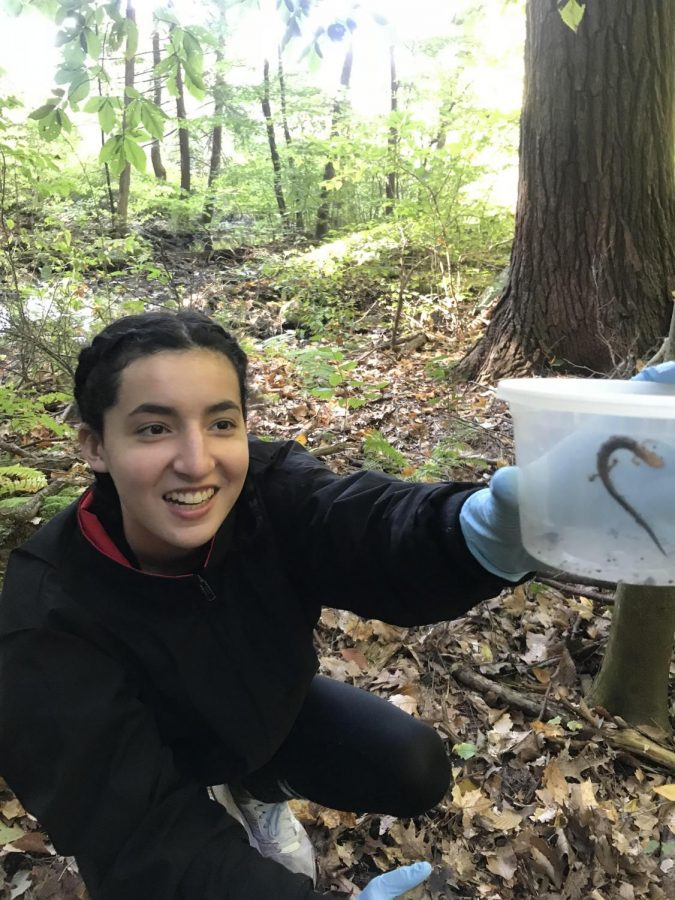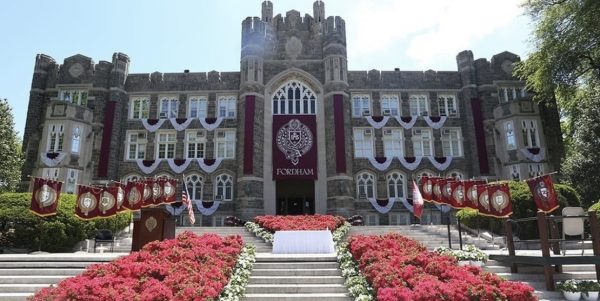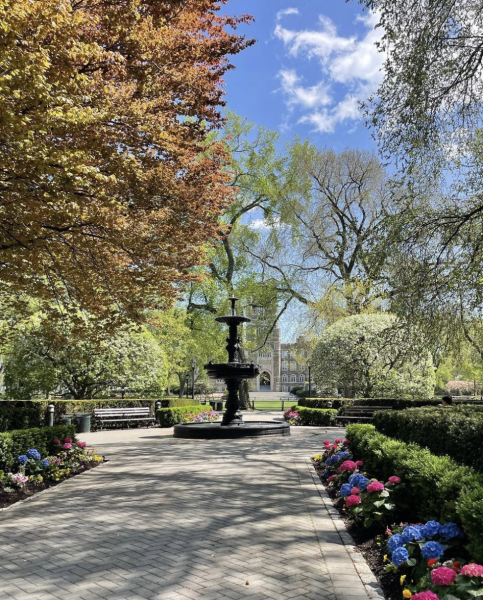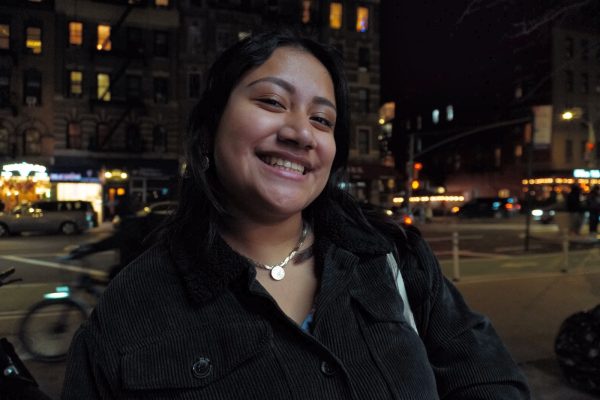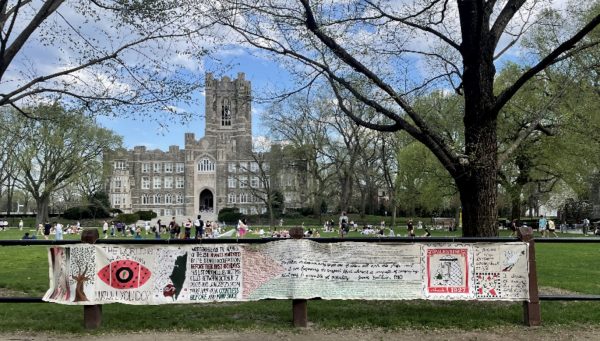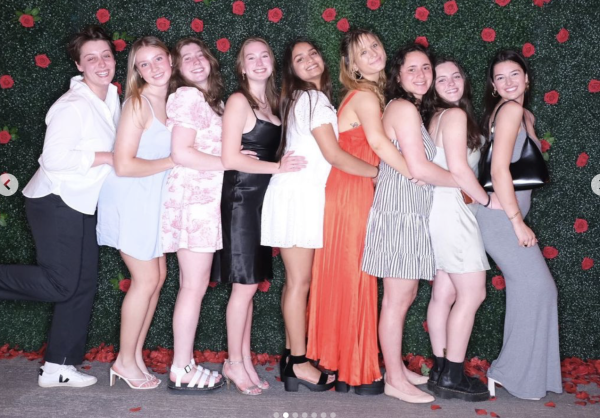Student Receives Summer Research Award For Fungal Project
Since 1989, Fordham University has offered support to women seeking to study or teach in STEM fields in the form of the Clare Boothe Luce (CBL) Program. This program includes undergraduate scholarships, undergraduate summer research scholarships and graduate fellowships that provide women with funding to pursue science, engineering and math graduate studies. The Clare Boothe Luce Summer Research Scholarship Program provides a $3,800 stipend and a fund of up to $1,000 for supplies, travel, etc., according to Fordham’s website.
Jennie Wuest, FCRH ’22, is one of the three Rose Hill students who received summer research awards from the CBL program. She said it was recommended to her by one of her professors who had also been a part of the program.
“I knew that the CBL program fostered a welcoming community of women in STEM,” Wuest said, based on her professor’s past experiences.
In applying for the program, Wuest said being able to participate within the program would grant her research exposure to the science community, develop a publication record, build skills in a career and receive recognition as a woman in STEM. Wuest said increasing the participation of women in STEM fields is important to her.
“[I] would like to see representation of people like myself in the field of my future career,” she said.
Wuest has been working on her current research project for over a year at this point. Wuest said she applied her funding from the CBL Summer Research Program to identify fungal species located on the skin of individual eastern redback salamanders and analyze these identified fungal species’ interactions with Batrachochytrium dendrobatidis (Bd). Wuest said these goals are the primary postulations of her research.
The effects of Bd, a fungus that is responsible for a deadly wildlife disease and anthropogenic land-use change, are putting amphibian species around the world at risk of extinction, Wuest said. She said her main concern as she studies the interactions between the identified fungal species and Bd is that risk. Wuest said the potential environmental implications of the project are an important motivator to complete her research.
The impact of the COVID-19 pandemic caused the project to face large obstacles. Wuest said the pandemic blocked her from accessing her lab over the summer as she had planned. Her original goal was to complete research by the end of August, but that timeline needed to be pushed back a significant amount of time.
Now that the fall semester has begun, Wuest said she has once again been provided access to her lab. As it stands now, barring any possible new COVID-19 complications that may arise, the research is projected to be completed around the end of November, she said.
“Engaging in research has allowed me to explore possibilities for my future career,” Wuest said.
According to Wuest, research has played an essential role in figuring out what kind of career she wants to pursue. As a freshman entering into undergraduate studies, Wuest was enrolled in the premedical program, thinking it was what she would continue to pursue. However, becoming involved in a microbial ecology lab allowed her to realize her ecological research passion, she said.
For Wuest, being a part of CBL’s Summer Research Program let her act on her ecological passions with applied research on issues that are important to her.
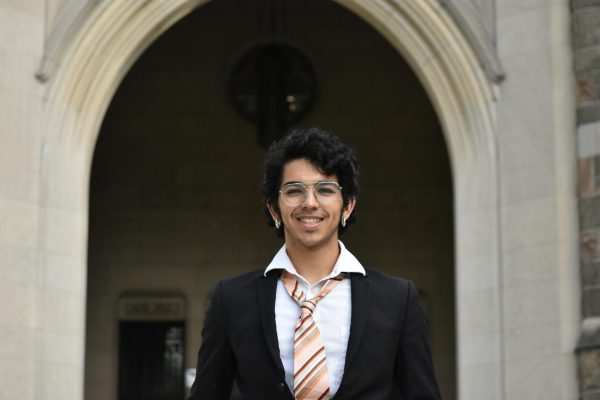
Sebastian Diaz is a senior from Chapel Hill, N. C. who is double majoring in journalism and film. After starting as a news reporter for The Fordham Ram...

